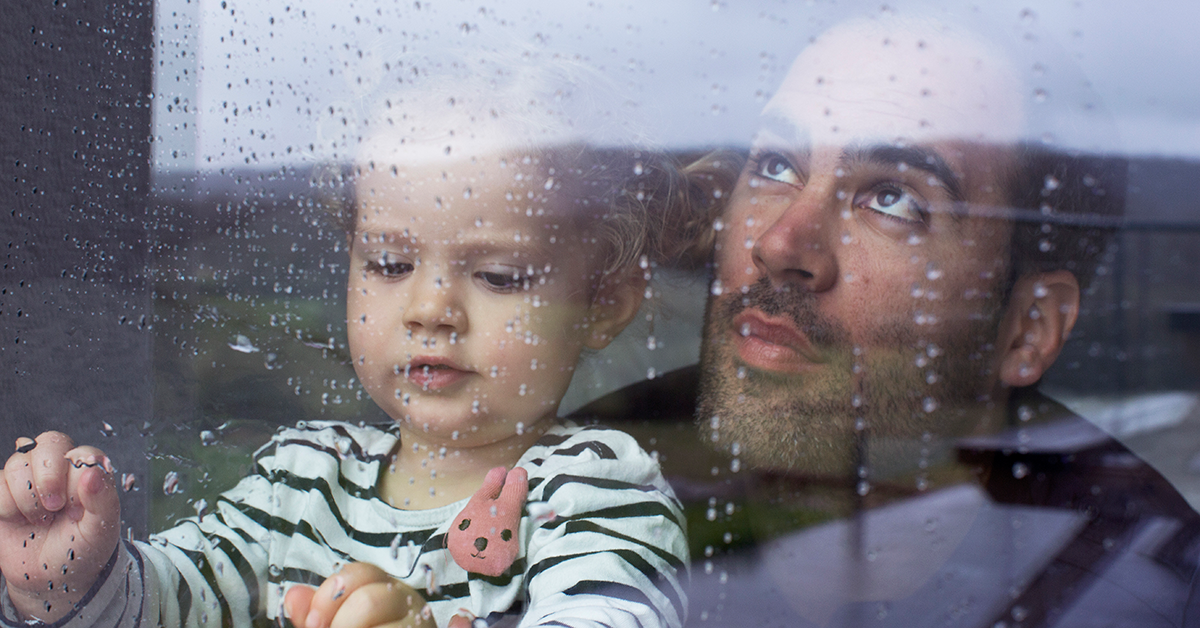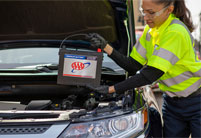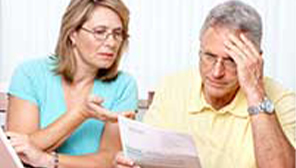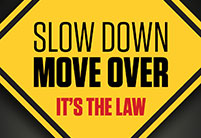Prepare your family if disaster strikes
Prepare your family if disaster strikes

It's difficult to predict when a disaster will occur. That's why it's critical to prepare your home and family for when the unexpected happens.
Residents of Western and Central New York face severe weather, including storms, floods, and blizzards. These conditions challenge first responders who may not be able to reach you depending on the severity of the situation.
Ready.gov urges storing additional supplies of food and water, and periodically checking your regular prescription drugs so you have a continuous supply at home. Have any non-prescription drugs and other health supplies on hand, including pain relievers, stomach remedies, cough, and cold medicines, fluids with electrolytes, and vitamins.
Ready.gov also recommends that you get copies and maintain electronic versions of health records from doctors, hospitals, pharmacies, and other sources and store them, for personal reference.
Keep these items on hand as part of your disaster preparedness plan. As unpredictable as the coronavirus has been, other hard-to-anticipate disasters are still possible, whether it's a natural disaster like a storm, a long-term power outage or a house fire.
What else should your disaster preparedness plan include? AAA recommends that you:
- Prepare Emergency Kits. Emergency kits for home and autos should include a three-day supply of water and non-perishable food for every family member, as well as a flashlight, hand-crank or battery-powered radio, batteries, extra cash, cell phone with extra battery and charger, first-aid supplies, critical medications, and basic personal hygiene products. Also useful for a car kit are local maps, blankets, shoes, flares, and a basic toolkit.
- Practice First Aid. Learning CPR and emergency first aid can save the life of a family member or friend.
- Find Commute Options. Consider how different types of natural disasters might affect your commute, and determine alternative routes or forms of transportation to get home. Keep a list of bus, ferry, and train routes.
- Map It. If you live in an area that's prone to fires or flooding, map out several evacuation routes from your home and neighborhood.
- Meet Up. Consider where family members might be during a disaster, how they would get to a safe place, and how you will communicate with each other. Agree upon a predetermined meeting place should you and your family members are unable to return home and communication systems are down.
- Make Contacts. Designate out-of-state contacts and program their phone numbers into all cell phones as "ICE" - this stands for "In Case of Emergency" and rescue workers are trained to look for it. Attach a luggage tag with your ICE numbers to young children's backpacks.
- Plan for Pets. Make pets a part of your plan by creating a pet emergency kit including pet foods, toys, and a leash. If you are unable to evacuate with your pet, a pet rescue sticker affixed to a front window can alert rescuers that your pet may be trapped inside. Identify pet-friendly accommodations since pets are not always allowed in emergency shelters. Also, consider microchipping pets, so they can be easily identified if you're separated.
- Assign Tasks. Create a chart of important emergency-related tasks - notifying family members, managing supplies, handling pets, monitoring emergency broadcasts, etc. - and assign each one to a household member.
- Take Cover. If there is no time to evacuate, you may need to shelter in place, so it's important to identify these locations ahead of time. Depending upon the disaster, this could be a storm cellar or basement, or lower room without windows, or even under a large, strong table.
- Make an Inventory. Document your possessions on paper or with a video camera or smartphone. Note the replacement costs for your most valuable items, then talk to your insurance agents or insurance customer service to be sure you have the right coverage.
- Review Your Plan. Review the written plan every six months, and keep it stored in a paper file, as well as on the computer desktops and smartphones of the members of your household.
- Check Your Coverage. Find out if your insurance policy covers the types of disaster-related damages that could impact your neighborhood. Standard home insurance policies do not provide coverage for earthquakes and floods.
AAA agents care about making sure their clients have the best insurance coverage for the good times and the bad. Request a quote online, or call (888) 671-7044 to find a great rate on coverage you can count on.












